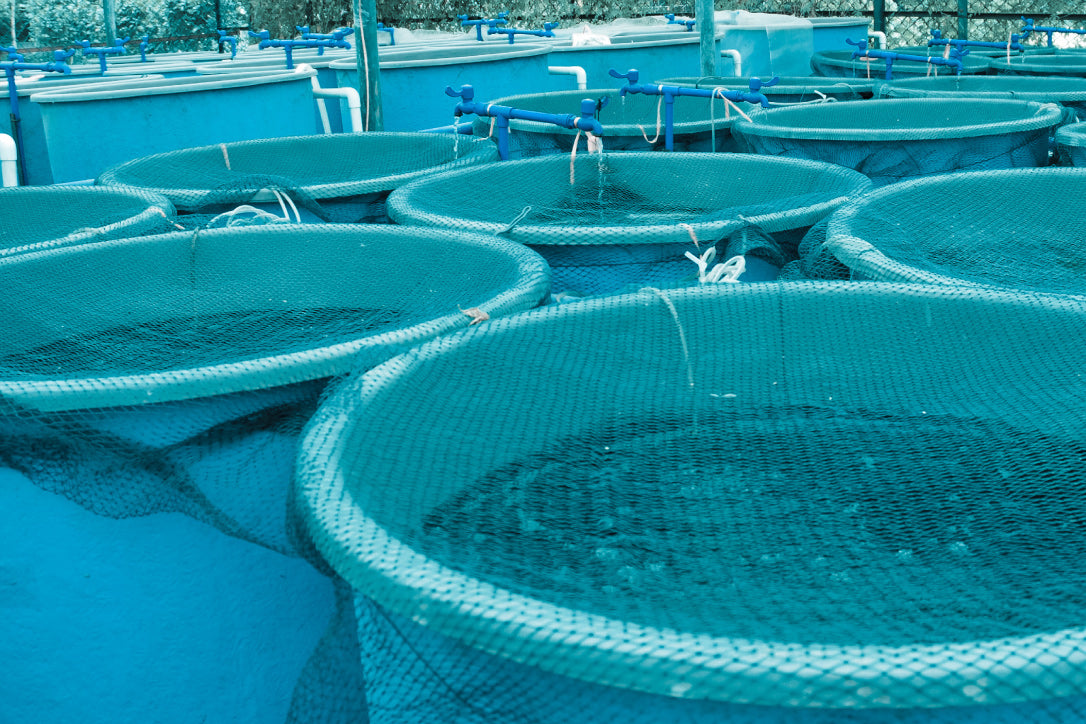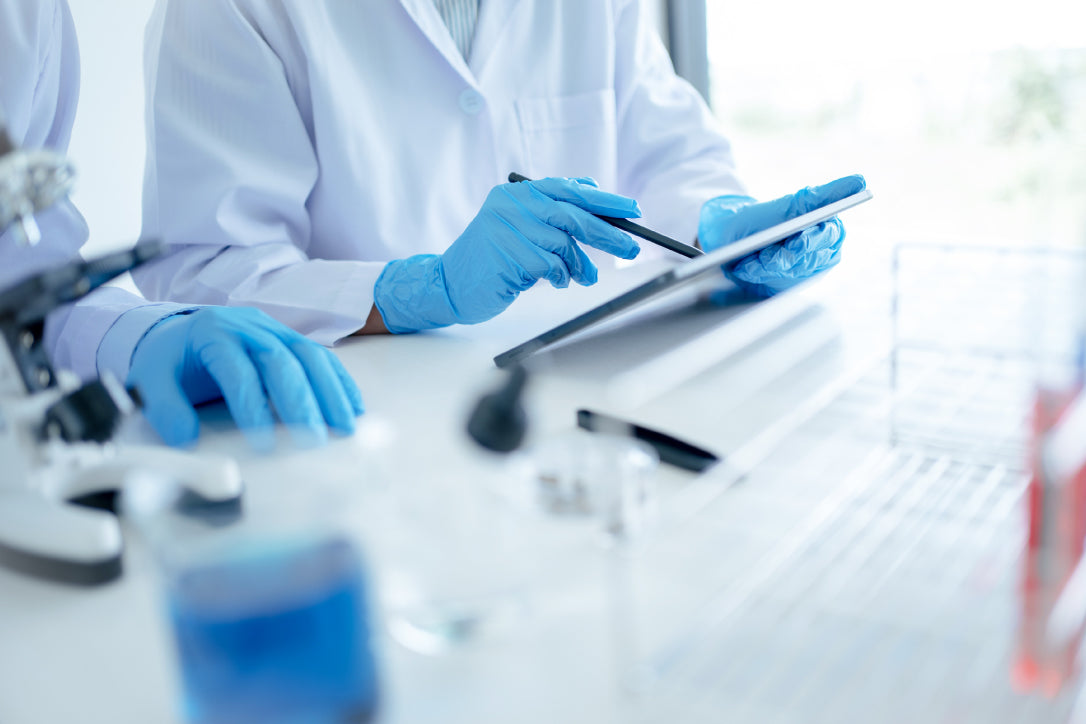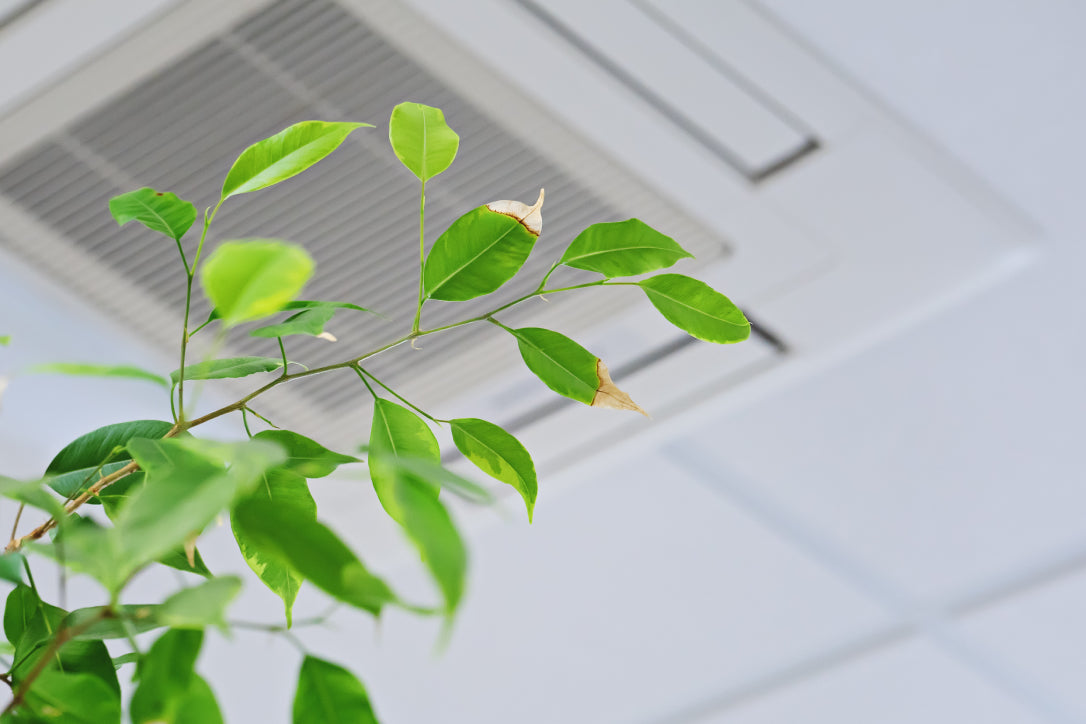Aquaculture: The sustainable alternative
Aquaculture is a vital industry that cultivates and nurtures various aquatic species in controlled environments like tanks, ponds, and cages. It addresses the increasing demand for aquatic foods while promoting sustainability and reducing pressure on wild fish populations. EUCA can assist aquaculture farms reach optimal water quality through real-time monitoring using our data logging systems that cover parameters that are crucial to aquaculture. Disease prevention and control are also prioritised through vigilant monitoring, strict biosecurity measures, and vaccination programs. By combining innovative tech from EUCA, environmental responsibility, and the production of nutritious aquatic food, aquaculture in partnership with these systems, can play a key role in sustainable food production and the preservation of our ecosystems.
What's the catch?
Aquaculture in South Africa faces several challenges that hinder its development and expansion. Having limited water resources pose a significant obstacle as aquaculture, when mismanaged, can use a lot of water. The competition for water between various sectors, coupled with South Africa's water scarcity, limits the availability of water for aquaculture operations. Additionally, inadequate infrastructure and limited access to modern aquaculture technologies in certain regions, particularly rural areas, hinder the industry's progress.

Additionally, the regulatory environment surrounding aquaculture in South Africa adds complexity to the sector. The industry must comply with various regulations and licensing requirements, which can lead to bureaucratic processes and delays in obtaining necessary permits, particularly affecting small-scale farmers. Disease management is another pressing challenge, as disease outbreaks can result in substantial economic losses.
Harnessing Real-time monitoring for Aquaculture
Using sensors and monitoring systems from EUCA brings several advantages to aquaculture operations. An example is the HOBO range from Onset, these technologies enable real-time monitoring of crucial environmental parameters:
- Temperature sensors monitoring temperature using data loggers can assist with aquaculture species that have specific temperature requirements for successful reproduction and spawning.
- Dissolved oxygen monitoring enables farmers to determine when supplemental aeration is needed to increase oxygen levels.
- Electrical conductivity sensors to help aquaculturists assess the overall water quality and identify potential issues, such as excessive nutrient levels or pollution.
- Water level data loggers enable farmers to effectively manage and conserve water resources. By understanding water levels and their fluctuations, aquaculturists can optimize water usage and implement measures to reduce water loss.

By continuously collecting and analysing data with systems and solutions from EUCA, farmers can ensure optimal conditions for their aquatic species, promptly detect deviations and take necessary actions to maintain a healthy and productive environment. In addition, there are solutions that can facilitate automated feeding systems and efficient management of resources by monitoring fish behaviour and health indicators, resulting in improved feed efficiency and disease prevention.
"IoT technology and monitoring systems provide aquaculture farmers with valuable insights and support for data-driven decision making."
Monitoring systems that are simple and easy to deploy, like those from Onset HOBO also provide valuable insights and decision support through data analytics. By analysing historical data and real-time information on a platform like Nvirosense, farmers can make informed decisions regarding feeding strategies, water management, disease prevention, and production optimisation, this can extend to cold storage and logistics. The remote monitoring and control capabilities offered by these technologies from EUCA allow farmers to access data and manage operations from anywhere, enhancing operational efficiency, reducing labour costs, and promoting sustainable practices in aquaculture. 




